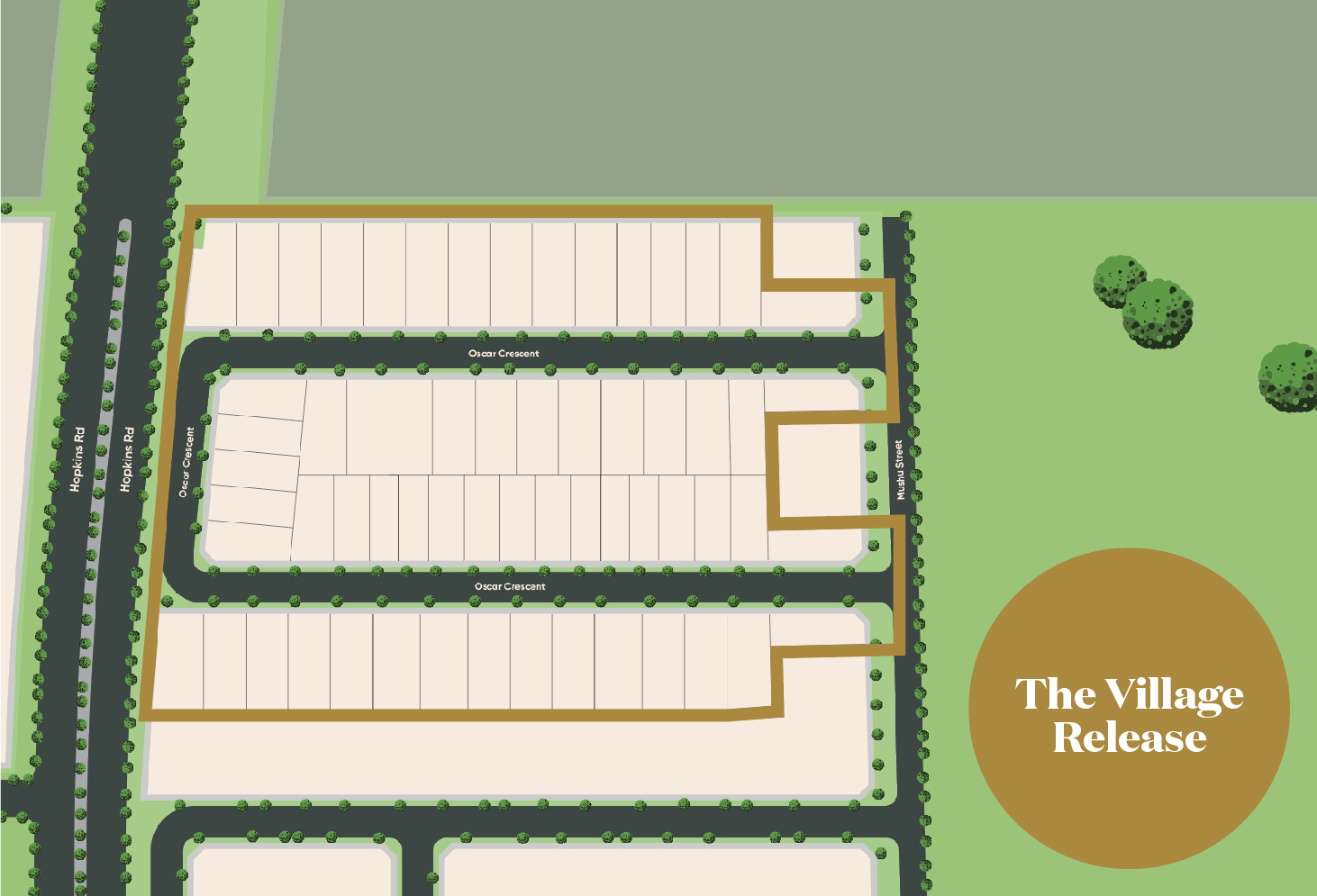
With fluctuating markets and looming economic uncertainty, investors are on the look-out for reliable investments that can help secure their finances. That being said, property investment has proven to be a largely safe bet due to the comparative stability and continuous growth seen in the real estate market.Not only does investing in property help in diversifying your financial portfolio thereby minimising risk, it can also bring in short-term and long-term earnings through rental income and capital growth.
However, to reap all its benefits, investment in property must be made only after careful research and thorough inspection. Apart from the obvious factors such as location and upcoming developments that could affect the value of the investment, it is important that a careful schedule of condition and complete inspection of the property in question is carried out. This allows investors to get a clear idea of the condition of the property, the repairs or renovations required, and the earning potential of the property. Investors can then make a final decision based on all these factors.
Listed below is a checklist of the things that property investors need to look into before making a purchase.
The installation of functioning alarms is perhaps the primary legal requirement for any property before it can be sold or leased. Smoke alarms, carbon monoxide alarms, and heat alarms in the kitchen area, have to inspected for power. The real estate agent must be informed immediately if they not functional. The alarms installed should also be checked to see if they are certified to accepted standards.
The floors must first be checked to ensure they are levelled with no slanted areas. Flooring may include tiling, carpets, and floorboards.
Floors are generally quick to show wear especially in high-traffic areas. If carpets are present, they must be lifted to check the flooring underneath.
Scratches, general wear, and discolouration particularly to the edges of floorboards and grouting between tiles are normal but important factors to note. Creaky, cracked, or loose flooring is much more expensive to repair and replace.
The roofing and ceiling should be inspected for:
This can go a long way in preventing significant repair costs in the future.
Doors and windows need to be checked to see if they are flush with the frames and properly sealed when closed. Bolts, locks, and handles have to be tested, and inspected for tarnishing.
Windows in particular must be inspected for broken seals or cracked glass, both of which could cause other, more serious, issues ahead.
Walls too, show early signs of wear. Luckily, a quick paint job can usually repair minor marks, cracks and chips.
Signs of water damage and mould however, signify a more serious problem.
Utilities generally include electricity, water, gas, internet, and waste disposal. These must first be checked to ensure they are installed in accordance with local regulations. Service panels, outlets, and switches must then be checked for function.
Exposed wiring and faulty connections must immediately be reported.
These include any freestanding furniture, appliances, worktops, kitchen units, boilers and heaters. A cursory inspection could include if the fittings (including caps and plugs) are intact and in working condition. A more thorough check should include looking for signs of mould and water damage particularly to the interior of cabinets and kitchen units.
This criterion consists of an inspection of bathroom fittings, pipes, and the disposal systems. It is vitally important in the overall condition of the property as a leaky faucet or pipe could cause extensive damage to foundational structures and even result in a staggering utility bill.
Areas to play close attention to include drains, the bases of taps, sinks and toilets. All pipes must also be pressure tested.

Moving into a new home is a big deal. No question about it. And with all the concerns and considerations regarding…

We are progressing well with Civil works across both Stages of Deanside Central with anticipated timelines below for completion. > Civil…

The Village Release A at Deanside Central is now available for sale. Featuring 21 premium lots available for purchase, ranging from…